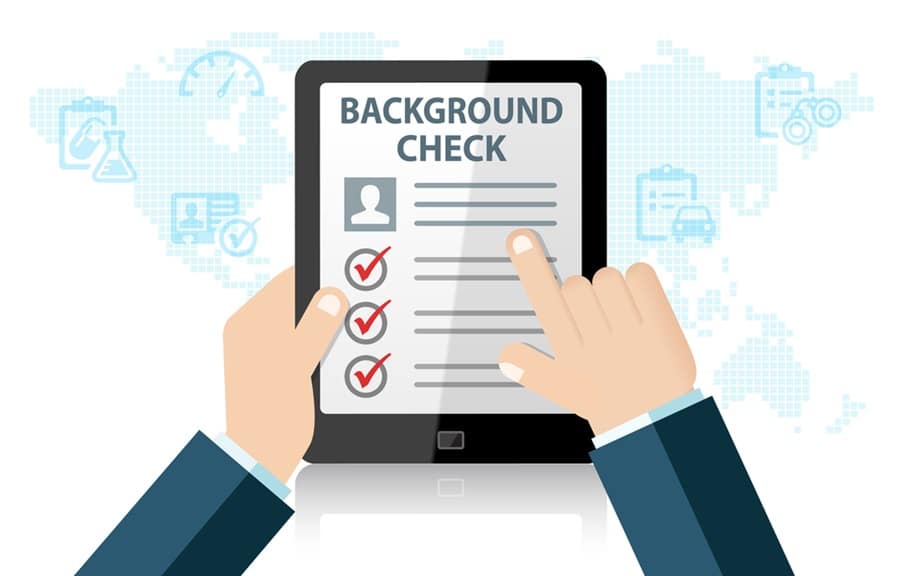
If you are a busy HR professional who has taken over responsibility for ensuring BPSS clearance for a potential employee who has to provide information for a BPSS check you may be wondering what they include.
We’ve written this post to identify the five key elements and give you a little bit of information around them.
#1 Identity verification – a check to make sure the applicant is who they say they are.
This is probably the one that most people will understand best as it is often done when applying for financial products such as bank accounts and credit cards.
The HR manager is tasked with obtaining enough documentary evidence and cross-checking this to make sure the person is actually genuinely who they say they are.
Typical documents that would prove useful would be a photo ID and the best of these are passports or driving licences. You can find some useful information on identity theft here
#2 Nationality and immigration status – a check to ensure the applicant is allowed to work in the UK.
This is the same test as has been in place at all employers since the 2006 Immigration, Asylum and Nationality act.
The employer is charged with assessing the applicant’s right to work in the UK.
If they are a UK or EU national then this can again be done through the passport although depending upon the outcome of the Brexit negotiations this may change.
For other nationals then the employer will need to see documentary evidence that the individual has leave to remain and where this is time-limited the BPSS requires this to be repeated at least yearly.
#3 Employment history – 3 years’ worth of employment history
The employer is required to make sure that the history of work is continuous and that any gaps of more than 6 months in the last three years are explained (see #5).
This can be done by checking references or asking Checkback Internationals Vetting Centre to do a work history check.
For the self-employed, this will take the form of written references from professionals such as lawyers, accountants, bank etc. which will confirm the status and term.
Some people may have part work and part academic history or may have only just entered the workforce from college or University.
In these cases, an academic history must be sought and documented.
#4 Unspent criminal convictions – a disclosure of any convictions not considered spent.
In England and Wales, this could take the form of a basic level Disclosure and Barring Service check or similarly in Scotland a Disclosure Scotland report.
For other nationalities, a local criminal record check will need to be requested.
Criminal records that are considered spent do not form part of the BPSS standard.
#5 Work history gaps – verification of gaps in employment history and the reasons
Naturally, this element only comes into play when there are gaps in a CV and in the case of BPSS these need to be from more than 6 months in the prior 3 years
There are any number of reasons why people may have gaps in their work history from gap years to caring for relatives to a period of ill health however whatever the reason given they must be investigated.
Additionally, prospective employees are required to give a reasonable account of any significant periods (6 months or more in the past 3 years) of time spent abroad.
As you would expect the results of all of these checks need to be effectively recorded and be available for audit and quality checking should the need arise.
There’s an easy answer
There’s no doubt that whilst it is effective, there is a lot of work that needs to go on to comply with the BPSS standard.
We’d like to suggest that trusting Checkback Internaionals Vetting Solutions Centre with your BPSS compliance process is the easy answer.
Our highly experienced vetting team will run your checks for you and you’ll have fully auditable records that will ensure that you are fully compliant.
Why not drop us a line now and let’s see how we can help you?

